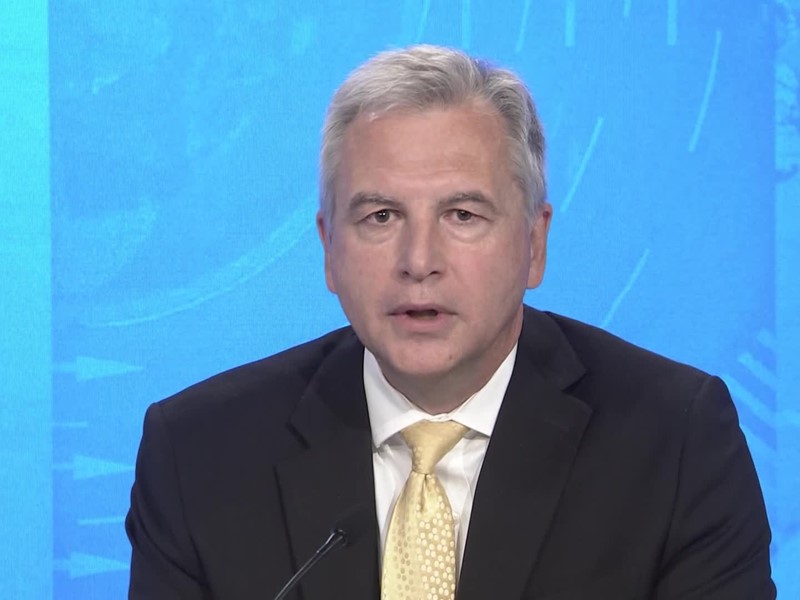IMF European Economic Outlook

Europe’s economy is growing, but there is still need for continued support as vaccine rollout programs gain speed, the IMF says in the newly released European Regional Economic Outlook released Wednesday (April 14) in Washington, DC.
“Despite a halting start, vaccines are expected to become widely available in Europe this year and next. Accordingly, the project economic recovery to strengthen and Europe’s GDP growth to rebound by 4.5 and 3.9 percent this year and next year, respectively. This will return Europe’s output to its 2019 level by 2022, but leave it below the level that we had projected before the pandemic,†announced Alfred Kammer, IMF European Department Director in a virtual news conference.
“Fiscal support should also be redeployed to accelerate the transformation of the economy, including through infrastructure investment in green and digital technologies, the Next Generation EU plan offers a critical help,†said Kammer.
It is critical that the EU manage it’s vaccine programs both to limit economic scarring, but also that it is a source of production of the vaccine for the rest of the world.
“We have a game changer because with so many effective vaccines available and vaccines will be essential in controlling and ending this pandemic. We are actually predicting that this rebound is going to happen in the second part of the year. But again, it depends on are we going to roll out vaccines in time? What’s the speed? The earlier the better, because the economic cost of lockdown and containment measures is large at this stage,†Kammer said.
Europe’s governments should look to extend and modify their support programs, but also look at how to wind down companies that have been on life-support. This includes job training for displaced workers, but also looking at banks to ensure they have adequate capital to wind down so-called ‘zombie firms.’
“We have estimated so far the equity gap for enterprises in Europe to be two to three percent of GDP. We see a number of governments having already plans in place in order to close this equity gap together with the private sector. So that will be an important part of all of this.â€
Adequate resources are also needed to make sure that Europe is addressing the climate crisis, the IMF says.
“Addressing climate change is of paramount importance and addressing it forcefully through government policy can be growth, growth enhancing. And I think that’s what we are seeing in terms of the public investments which are being undertaken, which are necessary to meet climate goals, but also then to modernize the economy and make it ready for the future,†said Kammer.
Kammer was asked if Europe is at risk of an asset bubble, with easy financing and low interest rates continuing.
“So there are some indications there which we need that which we need to watch. And there is a risk that we may see a repricing if the pandemic takes longer, if the recovery is not going to work out as we expect, if interest rates are increasing more rapidly than is being forecast. So these risks need to be monitored very closely. And but they are part of the crisis response. And the first priority is to maintain economic accommodative monetary policy to sustain the recovery,†said Kammer.
A full copy of the report and more information may be found at: https://blogs.imf.org/2021/04/14/from-vaccines-to-v-shaped-recovery-in-europe/





